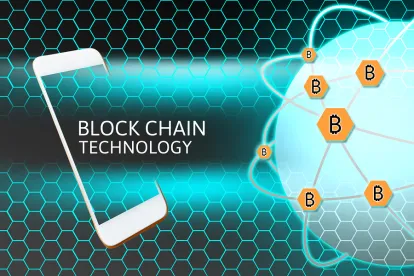Many countries inside the European Union are still struggling to come up with clear regulations that would provide a predictable set of rules for the blockchain technology. However, smaller nations like Liechtenstein and Malta have sorted it out.
Malta
On July 4, 2018, the Parliament of Malta approved a regulatory framework for blockchain technology, making Malta one of the most “blockchain-friendly” countries in the world.
The three bills that were passed by unanimous vote are The Malta Digital Innovation Authority (MDIA) Bill, The Innovative Technology Arrangements and Services (ITAS) Bill and The Virtual Financial Assets (VFA) Bill.
The MDIA Bill establishes the Malta Digital Innovation Authority (Authority), which shall provide for minimum quality, compliance and security standards for any innovative technology arrangements and innovative technology services, and regulate such sectors as may be necessary, to protect the general public. This law focuses on internal governance arrangements and outlines the duties and responsibilities of the Authority to certify distributed ledger technology (DLT) platforms to ensure credibility and provide legal certainty to DLT platforms’ users.
The ITAS Bill provides for requirements, which any innovative technology arrangement or any innovative technology service will have to meet to obtain a certificate from the Authority. The certificate will state the details of how the innovative technology arrangement or service is identified, including any public key or a brand name.
The VFA Bill regulates Initial Coin Offerings (ICOs). It sets forth prerequisite steps that each project has to go through in order to be compliant. One of the interesting requirements is that each issuer needs to make their financial history public.
Together, these bills make Malta a very desirable location to set up a shop in the blockchain space.
Lichtenstein
One of the world’s smallest countries has introduced legislation that aims to secure a connection between blockchain systems and the physical world with state regulatory oversight. This will create trust, which is important for blockchain businesses and citizens.
On June 21, 2018, Dr. Thomas Dünser, the Head of the blockchain working group at the Ministry of General Government Affairs and Finance, presented the key elements of the new Blockchain Act. The enactment of the act is expected by 2019. The law will provide legal basis for:
- Tokenization/digitalization of every possible asset (e.g. movables, real estate, bonds, securities)
- Ownerships and transfer of digital assets
- Legal requirements for storage of digital assets
- Licensing for business providers in the token economy
- ICOs, token sales and Token Generation Events (TGEs)
The range of applications is wide. For instance, the law would enable any enterprise to obtain financing in a simplified and less cost-intense procedure, as well as a better valuation of the company. This could be done by offer utility tokens or security tokens, such as tokenization of shares and offering them for trade compared to cost intensive private placements or IPOs.
The Blockchain Act will provide regulation on the determination and transfer of digital ownership and, therefore, the assets represented by the token. Further, the law will define the requirements for licensing of companies providing services in the token economy such as secure storage of tokens. In terms of storage, the law will demand a high level of security for storage and prevention of hacking or loss complemented with the requirement of insurance for the stored values.
The Blockchain Act will be complemented by the existing high-level “know your customer” (KYC) and antimony laundering (AML) requirements under Liechtenstein law, as well as the regulation of the conventional financial market.
New law will attract cryptocurrency and blockchain start-ups by providing them with regulatory certainty that is not overly burdensome.




 />i
/>i

